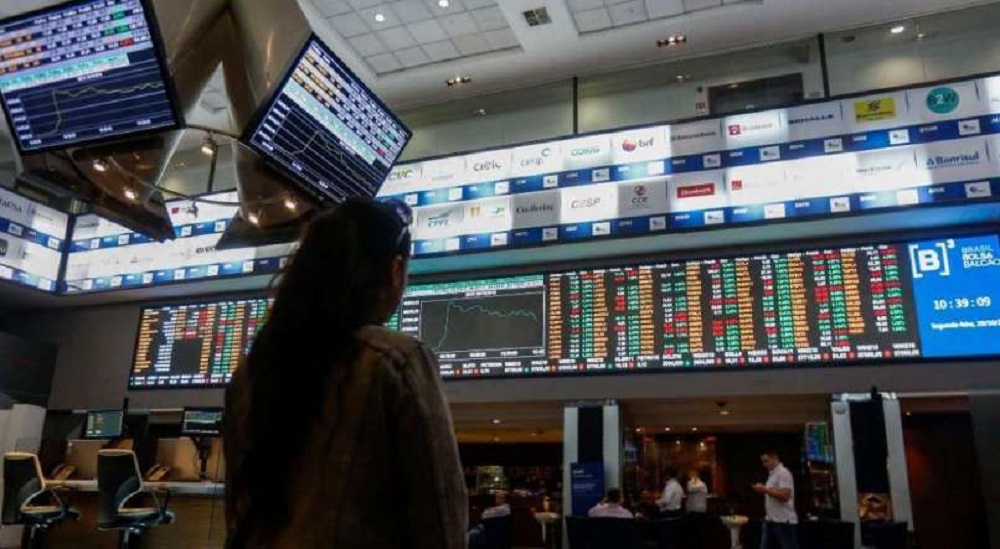RIO DE JANEIRO, BRAZIL – In the past few days, the financial market has shown poor numbers in Brazil, with companies’ shares losing value on the stock sxchange and the Brazilian real (R$) depreciating.
If it is true that investors place money on what they believe in, and on the market screen a confidence crisis is being witnessed in Brazil, with the dollar and the Stock Exchange as the main protagonists of this drama.

The price of the American currency continues to rise, at R$5.42, an indication that dollars are leaving the country. Another sign that Brazil is down is reflected in the instability of the São Paulo Stock Exchange, which has been slipping this year.
“What is happening in Brazil is a capital outflow. It is not only foreign capital of foreigners who were in Brazil and are now leaving. Both foreign and domestic capital is fearful of Brazil. At the start of the year, inflation was lower and the economy was showing signs of recovery. Consequently, this improved public accounts. So, there was a belief that Brazil was doing relatively well,” explained Simão Davi Silber, professor of the Department of Economics at USP (University of São Paulo).
But the scenario changed, the professor says:
“Then inflation skyrocketed. The government lost credibility. It cheated in the fiscal rule by wanting to parcel out court-ordered debt and, given the government’s loss of popularity, the creation of a Bolsa Brasil (Brazil Grant) – which would be the new name for an expanded Bolsa Família (Family Grant). So all of this jeopardizes the spending cap. I would say that we have, let’s say, the perfect breeding ground for those who are averse to this to flee Brazil.”
The pandemic caused global fear, but investors’ aversion to Brazil was greater than that of other similar markets. A recent study compared the trajectory of the Brazilian real with the currencies of Chile, Mexico, Russia, Colombia and South Africa.
From January 2020 to date, the Brazilian real has moved away from the average path of these countries’ currencies.
The Brazilian currency experienced its greatest loss in value in early March when the dollar was worth R$5.82. After a brief relief, the scenario is once again deteriorating – a graphic indication that foreigners’ main target of distrust is Brazil.
“When the economy is similar, we should see a common trend. An equal trend. And this has not been the case. We have started to spend more than our peers. Our pandemic has been longer-lasting than for our peers,” pointed out Ativa Investimentos’ chief economist Étore Sanchez.
One might think that the value of the dollar only matters to people who are going to travel. But one doesn’t even need to cross the border to pay dearly for being Brazilian. A trip to the bakery is evidence of the impact of the rising dollar on the price of wheat; to the supermarket on food; to the gas station on gasoline. Inflation is the first cost that the Brazilian population pays for foreign investors’ distrust. Unemployment is the second.
“When the country stops investing, it stops growing. And when it stops growing, it doesn’t create the jobs that everyone needs to generate income. We are creating conflicts, we are creating fights, we are creating threats that are not the real problems of the economy.”
“The real problem of the economy is people’s purchasing power, what they can buy, their jobs, the Bolsa Família. We need to address all these issues immediately. All other conflicts have been created and don’t need to be so at this time. Threats to institutions, doubts about the future, early elections, all this produces uncertainty and it is not needed,” said Credit Suisse Brazil Chairman Ilan Goldfajn.

